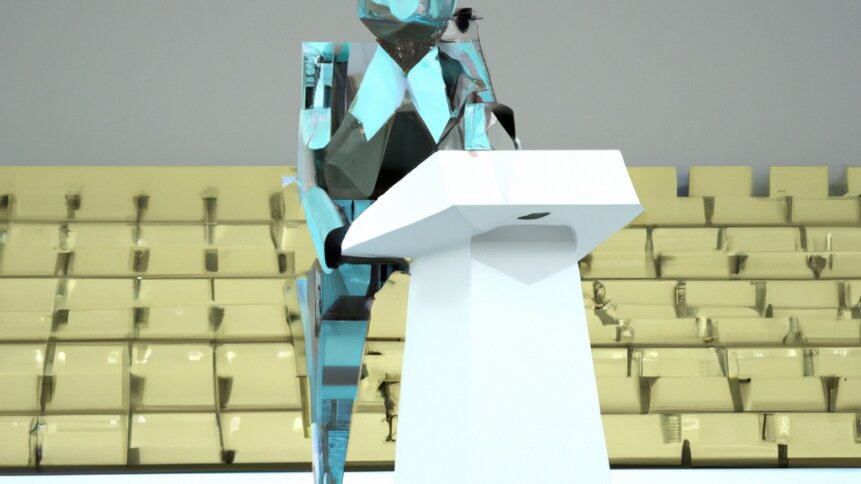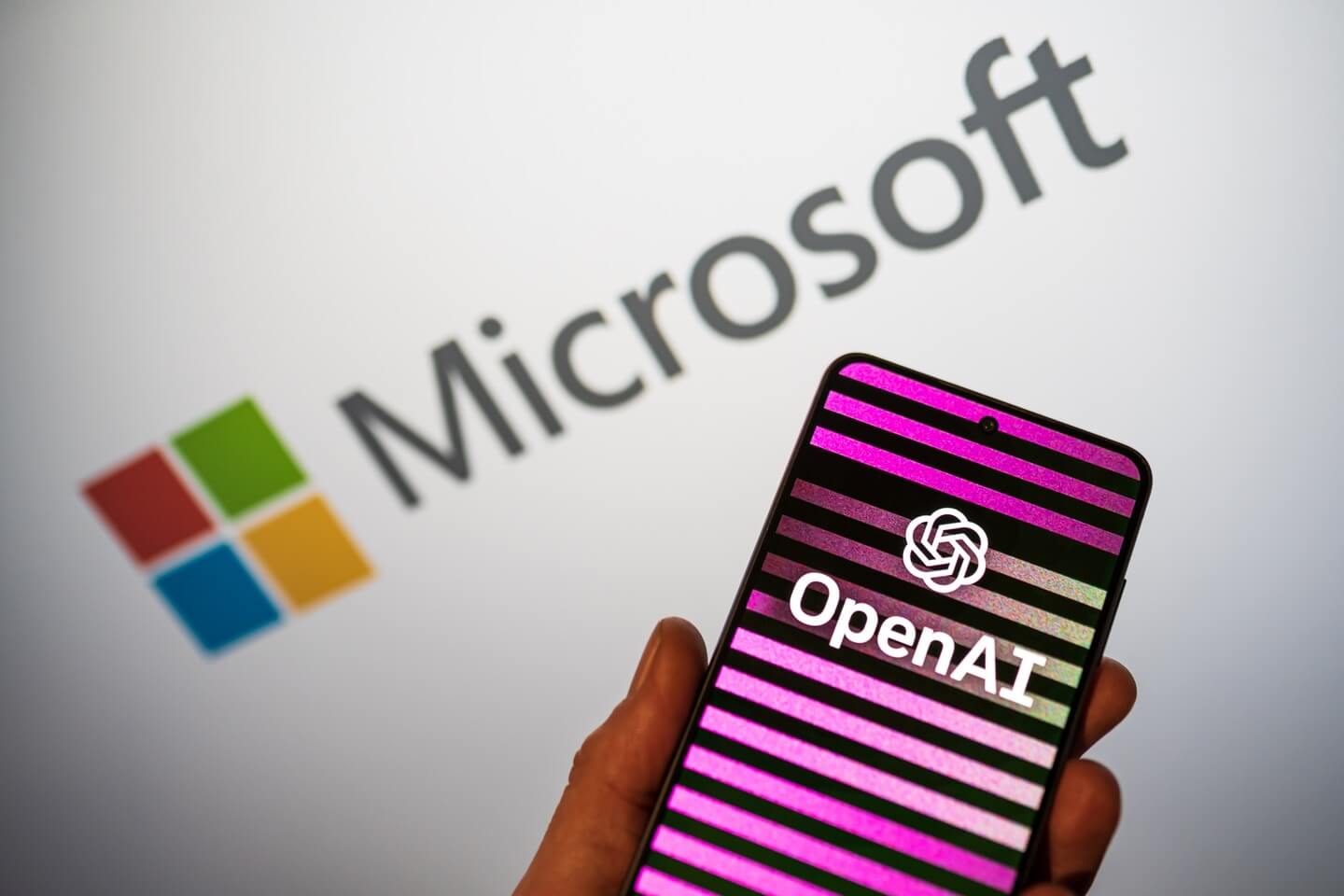Microsoft’s AI entering the Japanese government

• Microsoft’s AI to be used by the Japanese government.
• Japan has been slow to take up generative AI.
• Usage is expected to improve GPT-4’s grasp of Japanese.
Microsoft’s AI technologies, which were developed by partner company OpenAI and power the famed generative LLM ChatGPT, are about to be provided to Japan’s government.
An agreement with Japan’s ruling Liberal Democratic Party will see Microsoft supply GPT-4 and AI technology from Meta, a company with which Microsoft has also collaborated. It will be the first deployment of Microsoft’s AI in Asia, as until now the technology has only operated in America and Europe.
Nikkei heard on July 27th that representatives from the Japanese government were finalizing the plans with Microsoft, and the specifics will be decided in a meeting this Thursday.
Japan’s Digital Agency plans to allocate just over $2 million for a year-long trial of the technology. Microsoft’s AI will be tested on tasks such as preparing minutes, generating draft responses to parliamentary queries, and analyzing government statistics to streamline employee tasks.

Microsoft – coming to the Japanese government.
Microsoft recently installed units with high processing power that will be used for generative AI at its data centers in Tokyo and Osaka. Keeping the data processing centers domestic will ensure security for the confidential data Microsoft will accumulate to serve Japan’s government.
The Liberal Democratic Party believes generative AI can improve the quality and efficiency of administrative services. Various government agencies, such as the Ministry of Economy Trade and Industry are also considering adopting it.
Why Microsoft’s AI?
In April this year, the Japanese government formed a team to create a strategy for using AI tools like ChatGPT to make administrative tasks more efficient while setting ground rules.
The country has been slow on the uptake, though. Research by Tokyo-based MM Research Institute carried out in late May showed only 7% of desk workers in Japan use ChatGPT on the job, while roughly half in the US rely on the chatbot. (The survey covered 13,814 professionals at companies and organizations in Japan and US.)
Further, it might seem strange that the government doesn’t look to a Japanese-native company or LLM. However, compared to China and the US, Japan is falling behind.
Necessary to the development of AI are LLMs capable of processing vast datasets to generate text and other content.
Co-founder of Japanese LLM startup Kotoba Technology, Noriyuki Kojima, said “Japan’s trailing position in the field of generative AI largely stems from its comparative shortcomings in deep learning and more extensive software development.”
In its April proposal, the LDP said the use of generative AI “can bring immeasurable social benefits from the perspective of improving the quality and efficiency of administrative services.”
Furthermore, Japan is set to face a deficit of 789,000 software engineers by 2030, according to the Ministry of Economy Trade and Industry.

The Japanese government.
Because there’s not a foundational, robust community of software engineers already working on infrastructure and applications, an already-established company moving into the country might help instigate domestic advances.
Moving the information that Microsoft’s AI will have to learn out of Japan for processing at overseas data centers would, as the government and ruling party officials have stated, raise security problems.
The power of domestic data centers
Domestic data centers will make it easier for other companies, especially those handling confidential information – like, for example, financial services – to adopt AI services.
Microsoft will encourage businesses to use the service from its bases in Japan. That’s just one benefit that the move will have for the company itself, which wouldn’t be so selfless as to provide its AI technology out of the goodness of its heart.
Not only will government endorsement and use of Microsoft’s AI encourage domestic businesses to take advantage of the tech, but there will be little challenge from domestic AI companies. Microsoft is acting early enough to potentially dominate the market in Japan.
Also, all the data Microsoft’s LLM will collect – only so it can be of use to the government – is going to strengthen GPT-4. Inaccuracy in the Japanese language has been a weak point for the AI, which will now have access to swathes of data upon which to train.
GPT-4 can generate images as well as text and has placed within the top 10% on a mock test of the US bar exam for lawyers.
A stronger partnership between Japan and the Euro-American bloc is also beneficial to the US’s goal of isolating China from global technological advances in chips and artificial intelligence.











